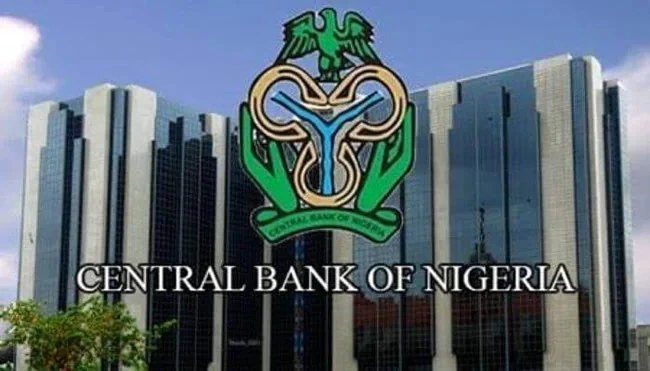President Bola Tinubu has formally requested National Assembly approval for $2.3 billion in new loans and Nigeria’s first-ever $500 million international sovereign sukuk, bringing total borrowing to $2.8 billion. This strategic move aims to fund the 2025 budget deficit and refinance maturing Eurobonds.
Understanding the Sukuk Strategy
A sukuk is a Sharia-compliant debt instrument that operates differently from conventional bonds. Instead of paying interest, it provides returns through asset-backed investments, making it attractive to Islamic investors and ethical finance advocates. Finance Minister Wale Edun emphasized that Nigeria is prioritizing lower-cost financing options including green bonds, sukuk, and diaspora bonds over expensive Eurobonds.
Nigeria has successfully raised ₦1.39 trillion domestically through seven sukuk issuances since 2017. This international debut seeks to replicate that success on global capital markets, tapping into the estimated $3.5 trillion Islamic finance industry.
Pros and Cons
Pros:
- Diversified financing sources reduce dependence on expensive conventional loans
- Lower borrowing costs compared to traditional Eurobonds
- Access to Islamic capital markets opens new investor pools
- Improved fiscal credibility following recent economic reforms
Cons:
- Increased debt burden adds to Nigeria’s existing $42 billion external debt
- Repayment concerns amid ongoing economic challenges
- Currency risk as naira weakness could inflate debt servicing costs
- Market uncertainty regarding investor appetite for Nigeria’s debut sukuk
What It Means for the Diaspora
For Nigerians abroad, this development signals both opportunity and concern. The government’s diversification strategy could stabilize the economy long-term, potentially strengthening the naira and creating better investment conditions. However, increased borrowing means future administrations may face higher debt servicing obligations, potentially affecting remittance value and diaspora investment returns.
The planned diaspora bonds mentioned by Edun could offer Nigerians abroad direct participation in homeland financing at competitive rates, creating a formal channel for diaspora capital beyond traditional remittances.

